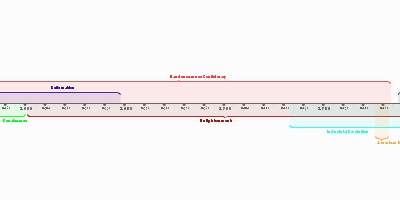Industrial Revolution (jan 1, 1733 – jan 1, 1913)
Description:
The Industrial Revolution transformed economies that had been based on agriculture and handicrafts into economies based on large-scale industry, mechanized manufacturing, and the factory system. New machines, new power sources, and new ways of organizing work made existing industries more productive and efficient. The Factory Acts were a series of acts passed by the Parliament of the United Kingdom beginning in 1802 to regulate and improve the conditions of industrial employment.Connection to the development of liberalism:
The industrial revolution was "The most far-reaching, influential transformation of human culture since the advent of agriculture" - Richard Hooker. The influence of liberalism on capitalism is connected with the development of industrialization in the 19th century. The principles of classical liberalism, especially the ones dealing with economics, had a powerful effect in freeing up enterprising individuals. The technological advancements that led to the mechanization of agriculture and industry were reinforced by these liberal principles as individual entrepreneurs and inventors tried to become more efficient and profitable. The value of the individual and the desire for minimal government involvement in economic affairs helped spur on the Industrial Revolution among the middle and upper classes, making for an ideal environment in which innovation could flourish. Thus helping spread the ideas of liberalism.
Added to timeline:
Date:
jan 1, 1733
jan 1, 1913
~ 180 years
